Welcome to the Bournemouth University Research Staff Association (RSA).

What is it?
An association run by BU researchers from all faculties who want to make BU a great place to work and do research. We aim to ensure that researchers are supported to realise their full potential and to develop and produce research of the highest quality. (There are Research Staff Associations throughout UK universities and one of our BU RSA representatives is also a member of the UK RSA).
Who is it for?
Almost everyone! Postdoctoral researchers, research fellows, research assistants as well as anyone else who is actively engaged in research (or planning to be): postgraduate researchers; staff on teaching and research, or teaching contracts; clinicians; professional support staff; technicians.
What are our aims?
To help make BU a great place for researchers to work and progress in their careers.
To support BU researchers to produce excellent research by enabling them to thrive, personally and professionally through informal peer support / friendship with other researchers and encouraging BU to provide
- a well-designed induction
- a caring and helpful mentor
- support to develop research and professional skills
- increased job security
- a university culture of inclusion, kindness, care, and support
- opportunities to network, collaborate, share, and learn
How do we do that?
We support researchers through:
- Signposting you to the BU teams or individuals who can help you with issues such as: employment and contracts, work conditions, fairness and equity, discrimination, unions, professional development, careers advice, support for mental health and well-being.
- Offering peer support – opportunities to meet, socialise, network, share ideas, and collaborate with researchers from different faculties. We run informal online get-togethers and coffee mornings in faculties. We are also developing a series of university-wide events (in partnership with the Early Career Network) on topics such as career progression, funding, wellbeing.
- Representing you – raising concerns, lobbying, and advocating for researchers at the:
- Research Concordat Steering Group. This group is responsible for helping BU translate the ideals of the Researcher Development Concordat (that BU has signed) into improved researcher career development and effective policies. The steering group can then highlight responsibilities across university departments from line managers and HR to the Vice Chancellor and the Executive Team.
- Faculty Research & Professional Practice Committees (FRPPC) – where we can highlight specific initiatives and the vital role that line managers and senior academics play in facilitating the development of researchers in their department.
- University Research & Professional Practice Committee (URPPC) where we can share the combined voice and experiences of research staff to shape the development of University wide research-based policy and procedures.
What do we need to succeed?
You! We need to know what the important issues, concerns, challenges, and aspirations of BU researchers are. We can then try to provide informative sessions which address the issues that are important to you, advocate for change – as well as letting BU know when they are getting it right! We would also like to get to know you and learn from your experiences – doing research can be lonely and being in contact with other researchers enriches our day.
When does the RSA meet?
The RSA meets regularly throughout the year. Everyone is welcome to attend or share issues that you would like raised with your faculty rep
How do I get involved/get in touch with the RSA representative for my faculty?
Come and meet us and tell us how the RSA could support you at:
Research Staff Coffee Breaks
27th May 10-11am
10th June 3-4pm
Zoom links:
27th May 10-11
Your current reps are:
University Research Staff Reps:
Michelle Heward mheward@bournemouth.ac.uk
Ashok Patnaik apatnaik@bournemouth.ac.uk
Faculty of Health & Social Science
Preeti Mahato pmahato@bournemouth.ac.uk
Rachel Arnold rarnold@bournemouth.ac.uk
BU Business School:
Rafaelle Nicholson rnicholson@bournemouth.ac.uk
Ashok Patnaik apatnaik@bournemouth.ac.uk
Faculty of Media & Communications
Oliver Gingrich gingricho@bournemouth.ac.uk
Ethzaz Chaudhry echaudhry@bournemouth.ac.uk
Faculty of Science & Technology
Kimberley Davies daviesk@bournemouth.ac.uk
Looking forward to seeing you at the RSA Coffee breaks over the coming weeks!
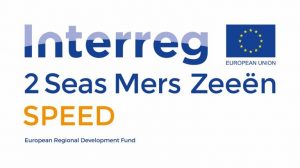 The conference also provides the opportunity to nominate port solutions for an award to show that collaboration within port ecosystems is key to creating the Smart Ports of Tomorrow. The winner and two runners up are entitled to a money prize, exposure, networking opportunities, free co-working space, and access to the virtual development lab and specific toolkits. The award ceremony will be held at the TomorrowPorts Conference in Antwerp, on Friday September 24. Find out more about the award and on how to register your case here.
The conference also provides the opportunity to nominate port solutions for an award to show that collaboration within port ecosystems is key to creating the Smart Ports of Tomorrow. The winner and two runners up are entitled to a money prize, exposure, networking opportunities, free co-working space, and access to the virtual development lab and specific toolkits. The award ceremony will be held at the TomorrowPorts Conference in Antwerp, on Friday September 24. Find out more about the award and on how to register your case here.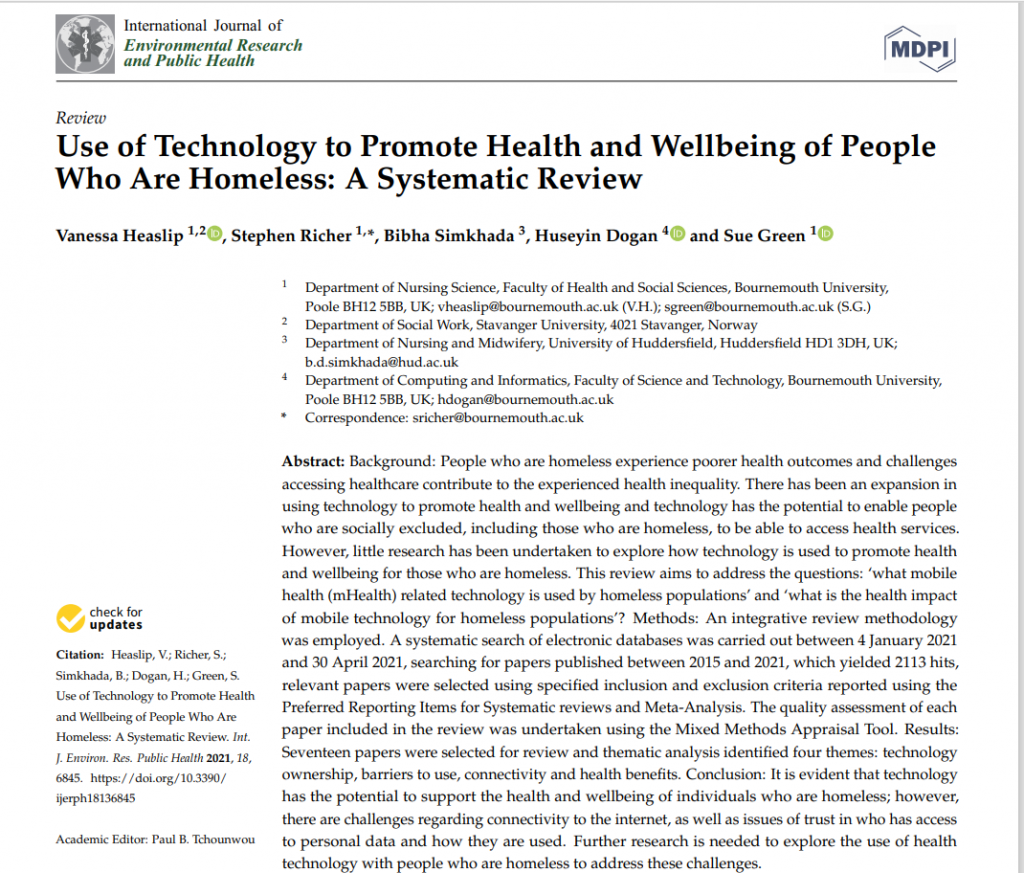




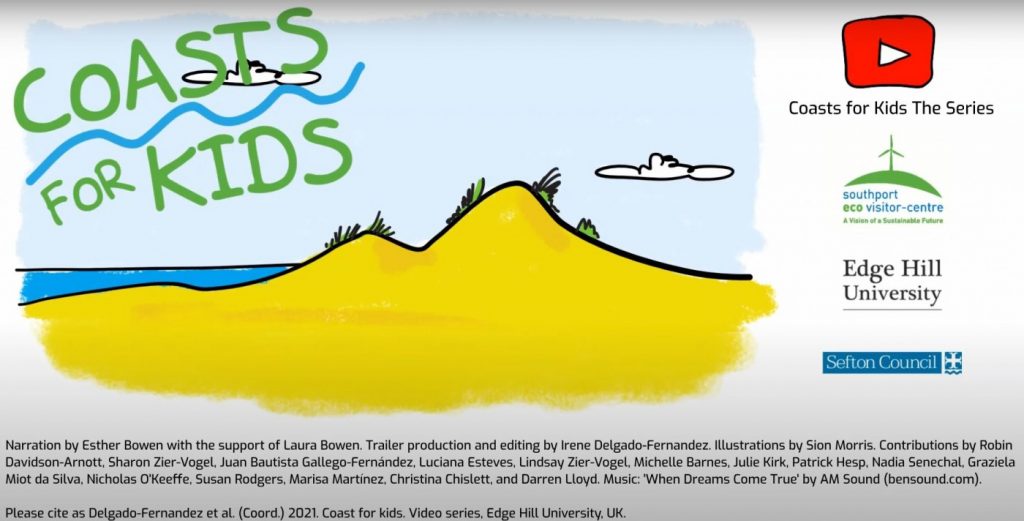








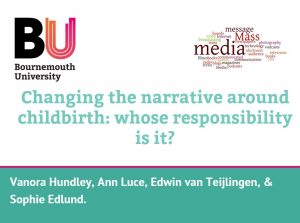

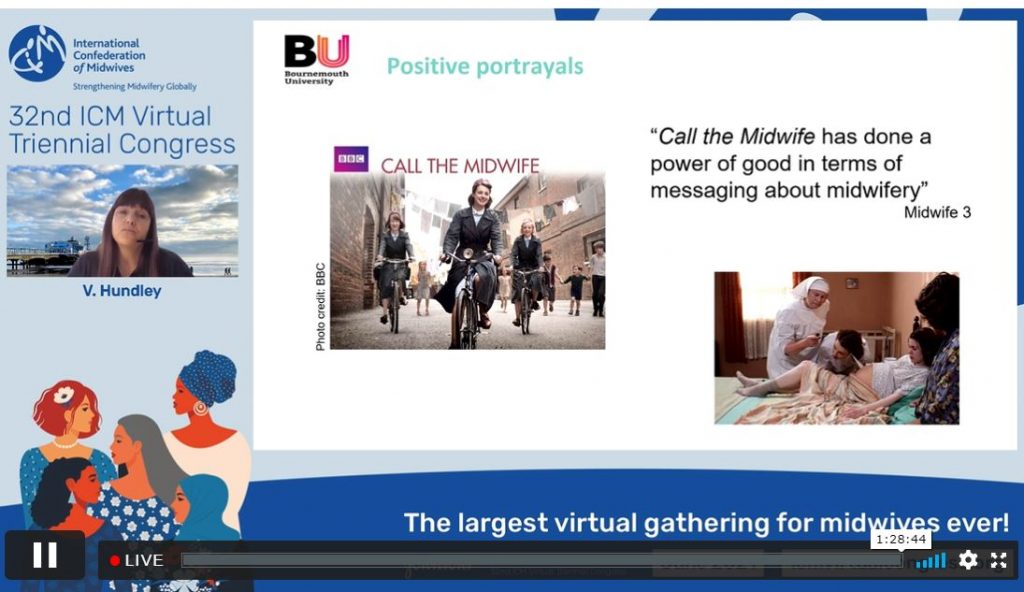
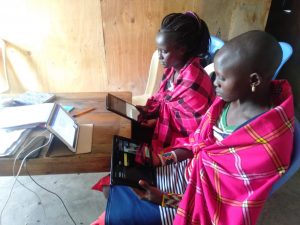
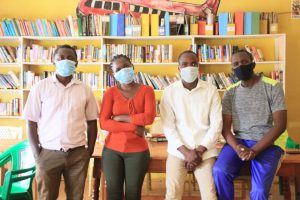



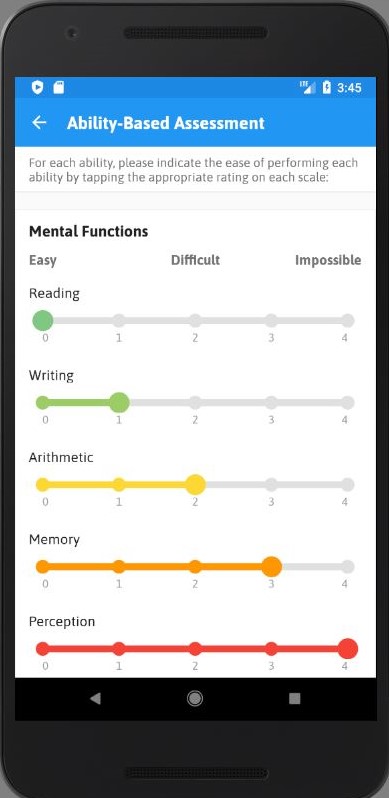













 BU attendance at third annual GCPHR meeting in June
BU attendance at third annual GCPHR meeting in June Interactive Tangible and Intangible Heritage Applications – BU student work featured in new book chapter
Interactive Tangible and Intangible Heritage Applications – BU student work featured in new book chapter Second NIHR MIHERC meeting in Bournemouth this week
Second NIHR MIHERC meeting in Bournemouth this week MSCA Postdoctoral Fellowships 2025 Call
MSCA Postdoctoral Fellowships 2025 Call ERC Advanced Grant 2025 Webinar
ERC Advanced Grant 2025 Webinar Horizon Europe Work Programme 2025 Published
Horizon Europe Work Programme 2025 Published Horizon Europe 2025 Work Programme pre-Published
Horizon Europe 2025 Work Programme pre-Published Update on UKRO services
Update on UKRO services European research project exploring use of ‘virtual twins’ to better manage metabolic associated fatty liver disease
European research project exploring use of ‘virtual twins’ to better manage metabolic associated fatty liver disease